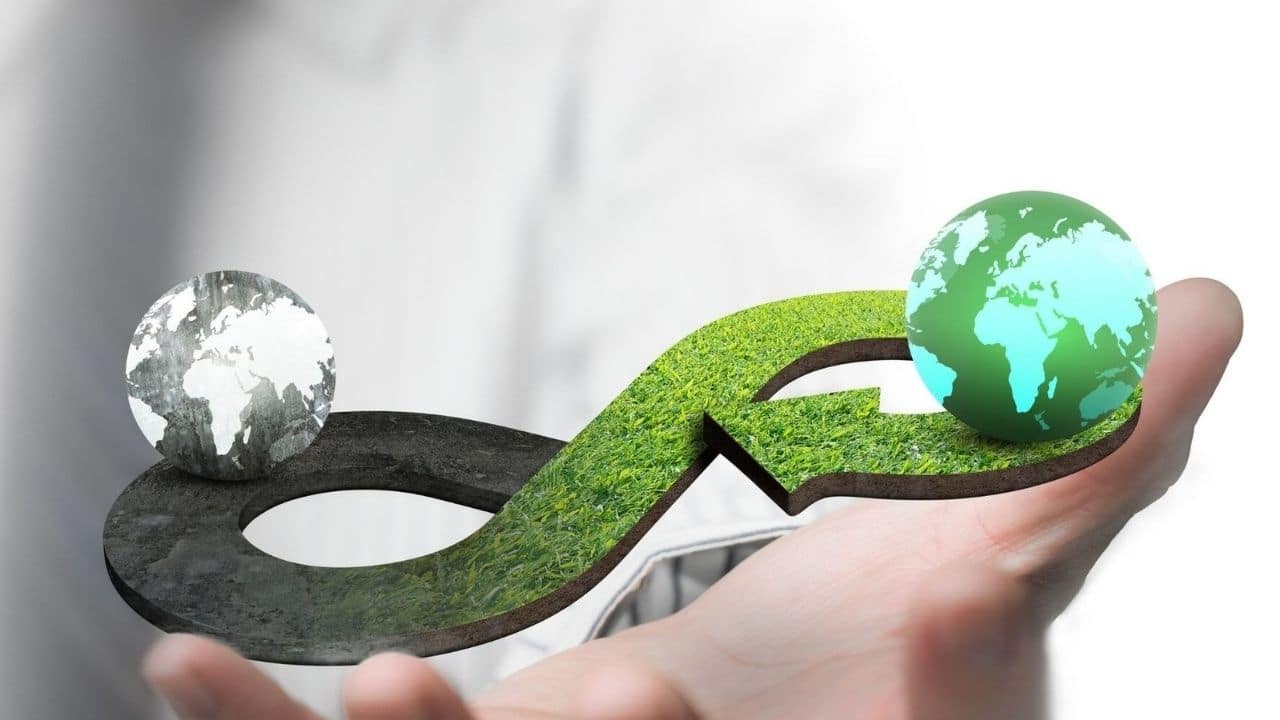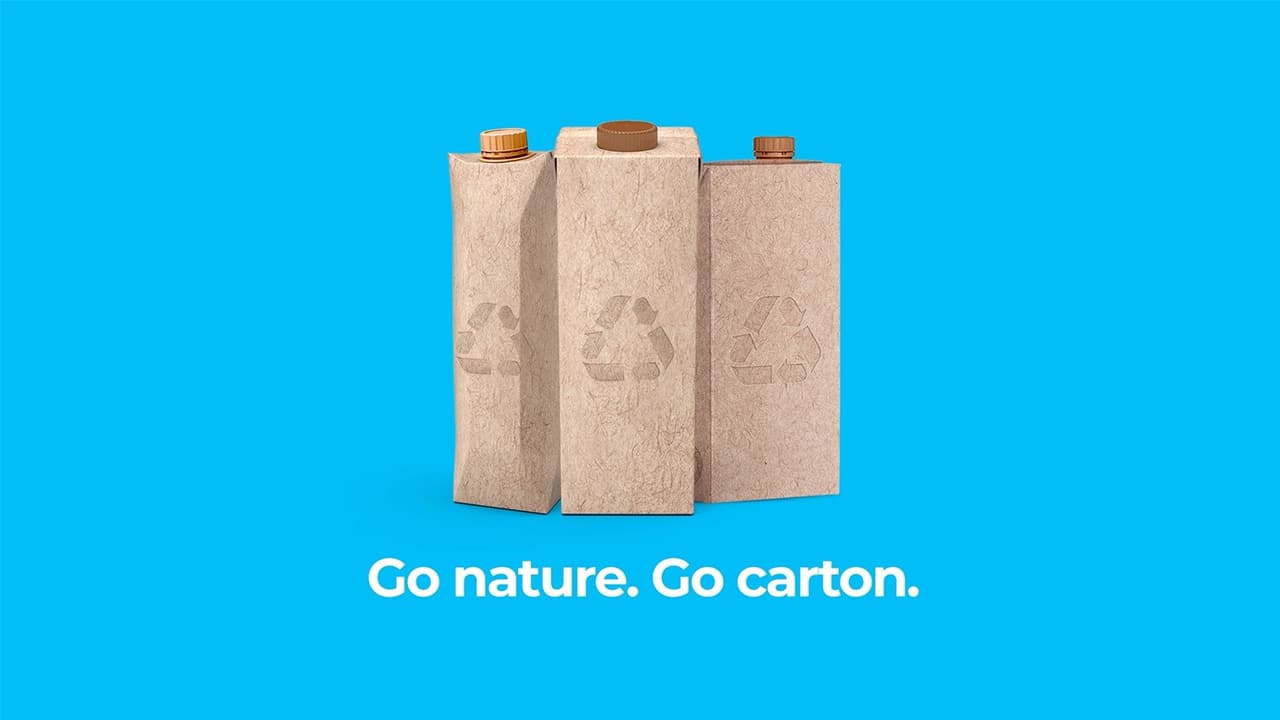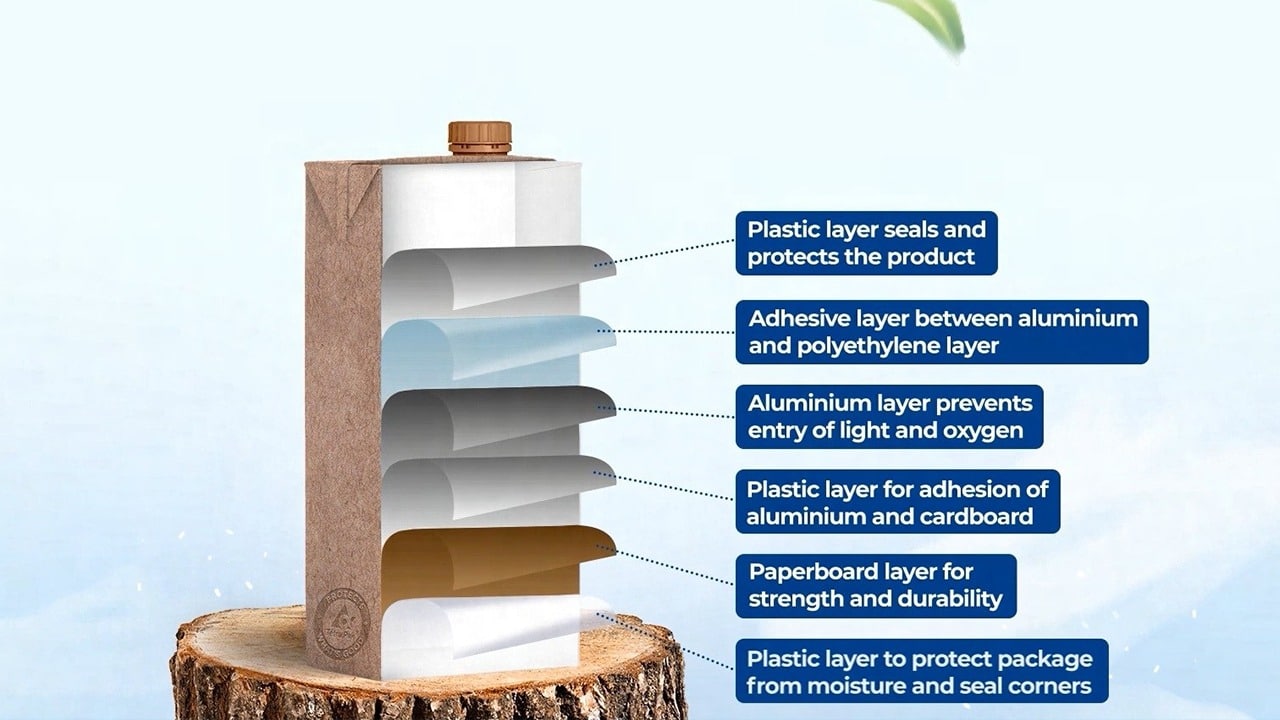By Zeeshan Gul
The dramatic shifts in the sustainability landscape within the recent past, including increased pressure on waste management, plastic materials, and reusability, have challenged us to think differently about our approach towards recycling and using sustainable materials.
It is fast becoming evident that economies of the future must be circular in nature and based on low-carbon emissions that carry the least climate impact.
Sustainable economic and environmental policies and strategies help to mitigate the impact of climate change and reduce pressure on the environment. Many companies and institutions around the world have realized that a linear economic model is a thing of the past now.
The product cycle based on the extraction-manufacturing-use-disposal process no longer works in favor of the environment and is slowly pushing the human race towards facing an environmental disaster that can threaten their very existence as well.
Therefore, companies and institutions have globally launched drastic measures and environmental protection programs to help reduce waste and promote eco-friendly product designs that can be recycled to achieve the same economic growth in a circular manner. All that without hurting the environment.
Tetra Pak is amongst such companies that have held sustainability as a long-standing part of its heritage and gave a deeper meaning to its guiding principle that a “package should save more than it costs”.
As leaders in the global food and beverage packaging, Tetra Pak took it as its responsibility to drive the industry towards the highest levels of environmental performance. They hold many reasons to celebrate the positive impact they are already making which includes:
- Manufacturing plant-based, recyclable packages made from sustainably-sourced raw materials.
- Delivering food production equipment and solutions that offer the highest environmental efficiency.
- Expanding recycling by working with partners, local governments, and society.
With the United Nations Sustainable Development Goals as a framework, Tetra Pak is constantly strengthening its actions in this area and has made many innovations inspired by sustainability such as aseptic solutions, e-beam technology, fully-renewable packaging, and low-carbon operations.
In 2018, Tetra Pak strengthened its packaging portfolio innovation strategy with the ambition that its packaging should be made from renewable and/or recycled packaging materials and fully recyclable, without ever compromising on food safety requirements.
Tetra Pak has also signed the Ellen MacArthur Foundation New Plastics Economy Global Commitment and initiated partnerships with companies like Veolia in order to expand collaboration and accelerate global beverage carton recycling.
Ultimately, Tetra Pak wants all beverage cartons to be collected for recycling, and for no cartons to end up as litter or in a landfill.
While celebrating Global Recycling Day, it is reassuring to recall that Tetra Pak Pakistan, in line with global initiatives, also took responsibility towards sustainability in the most concerning manner.
TPP identified the need to develop a local collection and recycling system that is self-sustainable and can achieve a recycling rate through successful commercial selling of carton recycling by-products.
To this end, Tetra Pak went into a partnership agreement with Green Earth Recycling in Lahore in 2014 and since then has been successfully achieving increasing recycling targets every year. More details about this partnership can be viewed through the following video.
ARVE Error: src mismatchprovider: youtube
url: https://www.youtube.com/watch?v=d0379fBgbjs
src in org: https://www.youtube-nocookie.com/embed/d0379fBgbjs?feature=oembed&modestbranding=0&showinfo=0&rel=0&autoplay=1
src in mod: https://www.youtube-nocookie.com/embed/d0379fBgbjs?modestbranding=0&showinfo=0&rel=0&autoplay=1
src gen org: https://www.youtube-nocookie.com/embed/d0379fBgbjs
Tetra Pak’s recycling strategy is based on a strong collection program ensuring the end value of recycled by-products. On average, more than 70 percent of Tetra Pak’s packaging material is made from long, strong paper fibers that can be recycled several times.
In 2021, Tetra Pak Pakistan achieved a recycling rate of over 42% for its produced cartons. The goal for 2022 is to increase this volume and recycle around 32,000 tonnes of beverage cartons.
The thin layer of polymers – or plastics – in Tetra Pak’s beverage cartons can be blended with other polymers and turned into new products, such as roofing tiles, crates, park benches, waste bins, and much more.
In addition to this, in partnership with WWF Pakistan, Tetra Pak runs a Recycling Awareness program amongst school children in various parts of the country by conducting interactive and fun-filled sessions with the purpose of creating an environmentally conscious future generation.
Being an environmentally responsible race is a journey and we won’t get there overnight, but a consistent effort is required from all stakeholders to make a positive impact and protect our planet.
Zeeshan Gul is a communications specialist having an analytical interest in industry trends impacting climate change.

























